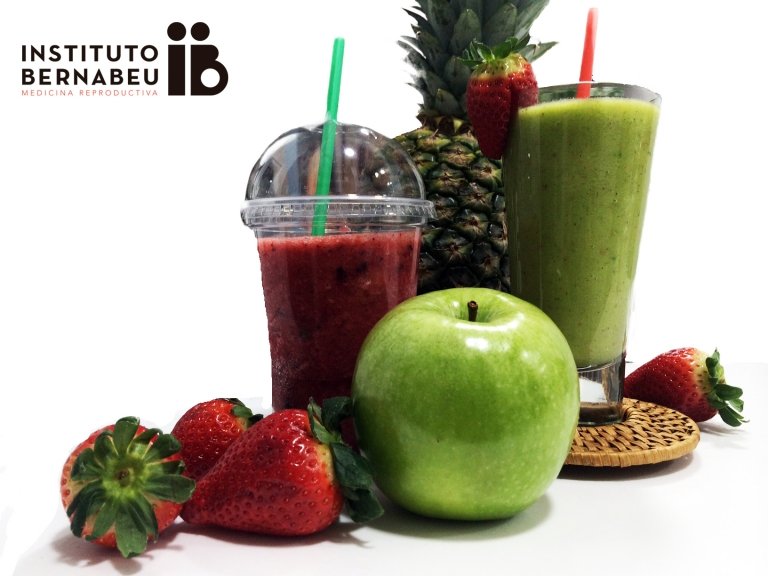
A specially adapted diet for endometriosis
Nutrition is one of the factors that need to be taken into account in endometriosis. We are aware that the pathology is linked to abnormalities in immunity that cause chronic inflammation. Therefore, the patient’s diet can have an impact on when it occurs, how it progresses and the symptoms it causes.
We know that certain foods have an impact on immunity, inflammation and oxidative stress.
Unfortunately, the results obtained in studies have been contradictory, most likely because the ‘current’ eating habits that women who have been diagnosed with endometriosis have differ from the diet they had when the illness was in its early days. The fact that patients suffer from abdominal pain means that they generally avoid certain foods in an attempt to decrease the symptoms.
Nutritional recommendations are also linked to an understanding of the effect that certain foods have on abnormalities in immunity and on oxidative stress.
On the whole, it is a question of trying to stick to a healthy diet and keeping the following general recommendations in mind:
- Fresh fruit and vegetables need to be consumed because of their content in antioxidant vitamins, other micronutrients and fibre.
- Consumption of protein-rich vegetables and fish should be increased and consumption of beef and other red meats should be reduced because they can contain elevated quantities of dioxins and other endocrine disruptors.
- Patients should increase their intake of healthy fats, such as olive oil.
- Consumption of omega-3 polyunsaturated fatty acids (fish and other foods), which would appear to have an immunomodulatory impact and decrease oxidative stress, should be increased.
- Patients should decrease their intake of trans fatty acids (processed foods).
- An appropriate intake of vitamins, in place of supplements which are less efficient except under certain specific circumstances, needs to be ensured.
- Patients should decrease or stop their intake of potential toxins such as alcohol and caffeine. Whilst it has not been demonstrated that they have a direct impact on endometriosis, doing so will contribute towards a healthier diet and lifestyle.
It is worth focussing on lactose since, whilst some women with endometriosis do not have a genetic deficiency in lactase (responsible for appropriate digestion of milk and derivatives), removing it from the diet is beneficial and improves painful symptoms.
Something similar is true of gluten. Whilst patients have not been shown to have Celiac’s disease, symptoms can improve in some cases if gluten is eliminated from the patient’s diet.
Our department performs an analysis using somatometry and impedanciometry (analysis of body mass) and this means we can achieve a quantitative assessment of the patient’s condition in terms of nutrition. We also complete a questionnaire on nutrition which we use in an attempt to determine what the woman’s diet is like when she comes to our clinic so that she can be given guidance and her diet can be personally adapted to match general nutritional recommendations. We evaluate the option of restricting certain foods whilst retaining the nutritional composition of the patient’s diet and ensuring an appropriate intake of macronutrients (carbohydrates, protein and fats) and micronutrients (vitamins, minerals and trace metals).
The aim is to use an appropriate diet to encourage natural resources that can combat endometriosis, stagger progression and improve the symptoms (primarily pain).
Instituto Bernabeu also has the option of doing a blood test for Celiac’s disease and a genetic analysis for both lactose intolerance and Celiac’s disease.
Dr Pino Navarro, an endocrinologist and Director of the Endocrinology and Nutrition Department at Instituto Bernabeu
Learn about the Endocrinology and Nutrition Department at Instituto Bernabeu
